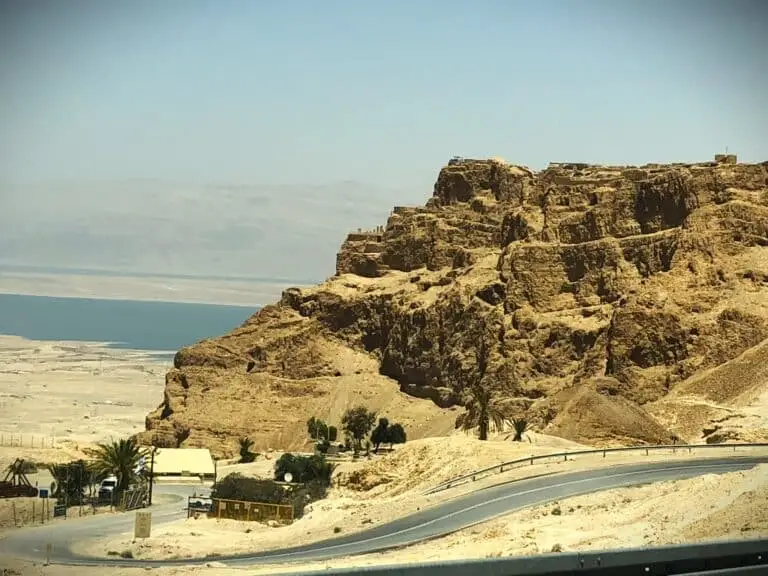
Episode 5: Exploring Masada and the Dead Sea, Israel
In this episode, we continue our adventures in Israel with a day trip we took to the fortress of Masada,
Israel is a captivating destination where ancient history meets vibrant modern culture. From the lively beaches of Tel Aviv to the sacred sites of Jerusalem, Israel offers a wealth of experiences for every type of traveler. Discover unique cultural landmarks, explore the bustling markets, and enjoy world-class water activities along the Mediterranean coast and the Red Sea. Uncover Israel’s top destinations while diving deep into its rich cultural heritage, beautiful landscapes, and unforgettable adventures to ensure you make the most of your journey in this extraordinary land.
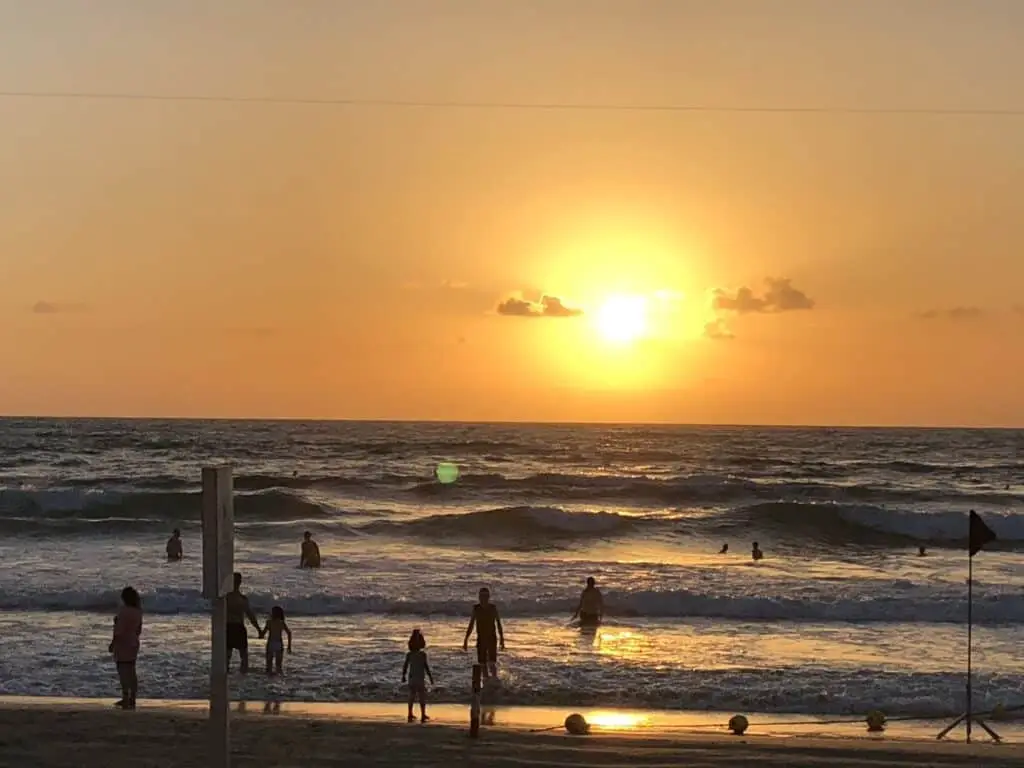
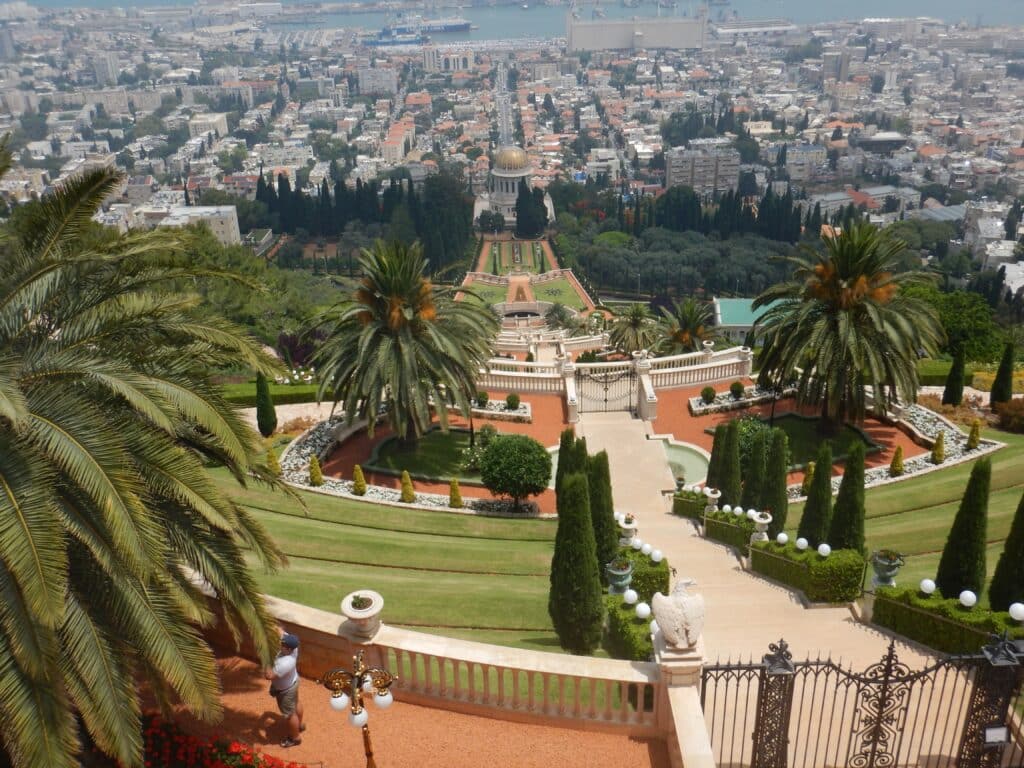
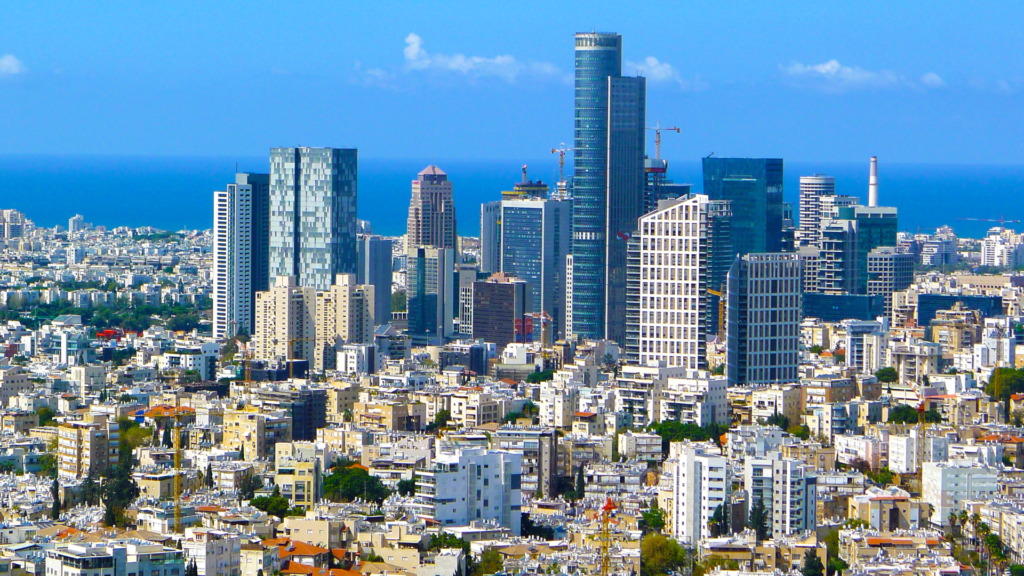
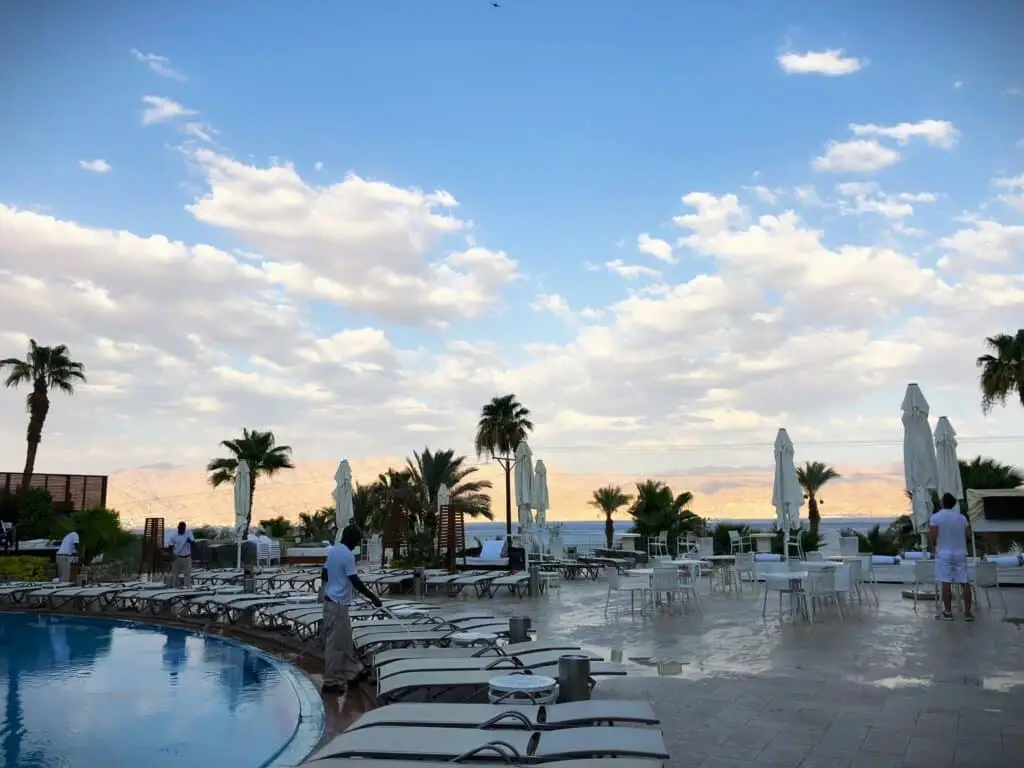
Israel is a fascinating country filled with rich history, diverse cultures, and breathtaking landscapes. From the vibrant urban life of Tel Aviv to the spiritual ambiance of Jerusalem, Israel captivates visitors with its blend of ancient sites and modern attractions. Known for its warm hospitality, unique culinary scene, and array of activities from beach days to desert adventures, Israel offers a memorable experience for travelers. Here’s what to know before you go.
Language: The official languages of Israel are Hebrew and Arabic, reflecting the country’s cultural diversity. However we have found that English is widely spoken all over Israel, especially in major cities and tourist areas, making it easy to communicate and navigate around. Many signs – including highway signs – along with menus and public notices are in English as well as Hebrew, so navigating around Israel is relatively straightforward for English-speaking visitors.
Currency: The local currency in Israel is the Israeli New Shekel (ILS), often referred to simply as the shekel. Credit and debit cards are widely accepted throughout Israel, especially in urban areas, hotels, restaurants, and shops. ATMs are readily available in most cities and tourist spots, allowing visitors to withdraw local currency as needed. The exchange rate between the shekel and the US dollar varies, typically averaging around 1 USD = 3.3 ILS, so checking the current rate before traveling is recommended for accurate budgeting.
Climate: Israel has a Mediterranean climate along its coastline, with hot, dry summers (June to August) and mild, wet winters (December to February). Inland areas, including Jerusalem, experience cooler winters as they are higher in elevation and can experience occasional snow, while the southern desert areas around the Negev are warm year-round. The best time to visit is during the spring (March to May) and autumn (September to November), when temperatures are pleasant, and the landscape is vibrant. Summers can be very hot, especially inland and in the desert and around the Dead Sea, but the coastal areas offer relaxing beach escapes while the Mediterranean Sea remains refreshingly pleasant year-round.
Knowing Israel’s language, currency, and climate will help you prepare for an unforgettable journey, allowing you to fully enjoy the country’s historic sites, cultural experiences, and scenic natural beauty.
Traveling around Israel is convenient and efficient, with a variety of transportation options to suit all types of travelers. From the modern rail network and reliable buses to shared taxis and car rentals, Israel offers multiple ways to explore its cities, coastlines, and historic sites with ease.
Trains: Israel’s train network is one of the most convenient ways to travel between cities, especially along the coastal route connecting Tel Aviv, Haifa, and Akko. The high-speed rail line from Tel Aviv to Jerusalem offers a fast, comfortable journey with scenic views. Israel Railways operates clean, modern trains with English-language signage, making it easy for international travelers to navigate. Trains are ideal for quick, efficient travel and are a popular option for those visiting Israel’s major cities.
Buses: Israel’s bus system, operated primarily by Egged, provides comprehensive coverage across the country, from urban centers to remote destinations. Buses are reliable, affordable, and an excellent way to reach tourist spots like the Dead Sea, Masada, and Eilat. Tickets can be purchased online or directly at stations, and many routes offer frequent service. Buses do not run on Shabbat (Friday sunset to Saturday sunset), so travelers should plan alternative options during this time.
Shared Taxis: Shared taxis, known as “sheruts,” offer a convenient and affordable alternative to buses, especially during Shabbat. These minivans operate along major routes and can be hailed from bus stations or specific stops in popular areas. Sheruts provide flexible, direct routes and operate 24/7 in cities like Tel Aviv and Jerusalem, making them a reliable option for travelers looking for a budget-friendly and efficient way to get around.
Car Rentals: Renting a car is a great way to explore Israel’s diverse landscapes, from the Mediterranean coast to the desert. Car rentals are available at major airports and cities, and roads in Israel are well-maintained and clearly marked. However, parking in busy urban areas like Tel Aviv can be challenging, so it’s ideal for those venturing beyond the main cities. Renting a car is particularly convenient for visiting sites that are less accessible by public transportation, such as the Negev Desert and the Golan Heights. Getting gas or petrol can be challenging as the pumps are not intuitive and sometimes only in Hebrew, so be sure to ask for assistance from any service station attendant.
Taxis and Ride-Sharing: Taxis are widely available in Israel’s urban areas, and many can be hailed from the street or arranged through hotel concierge services. Taxis are metered, but it’s always a good idea to confirm the fare beforehand. Ride-sharing services like Gett operate in Israel as well, providing a reliable and cashless option for getting around major cities. We highly recommend downloading the Gett app for your smart phone and adding a credit card prior to your arrival in Israel to ensure uninterrupted and smooth ride-sharing experiences.
Domestic Flights: Domestic flights connect Tel Aviv’s Ben Gurion Airport with Eilat, Israel’s southernmost city. This option saves time for those exploring Israel’s northern and southern extremes in a short period, allowing for more time at key destinations. Driving from Tel Aviv to Eilat for example takes over four hours but does afford opportunities to stop and visit Be’er Shiva or Mitzpe Ramon and further immerse yourself in Israel’s wonderful countryside.
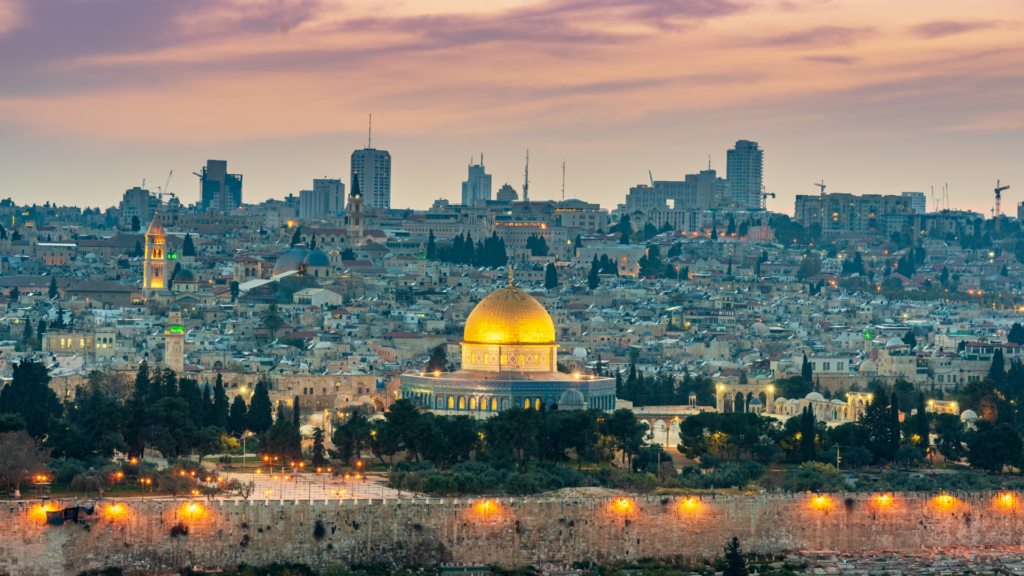
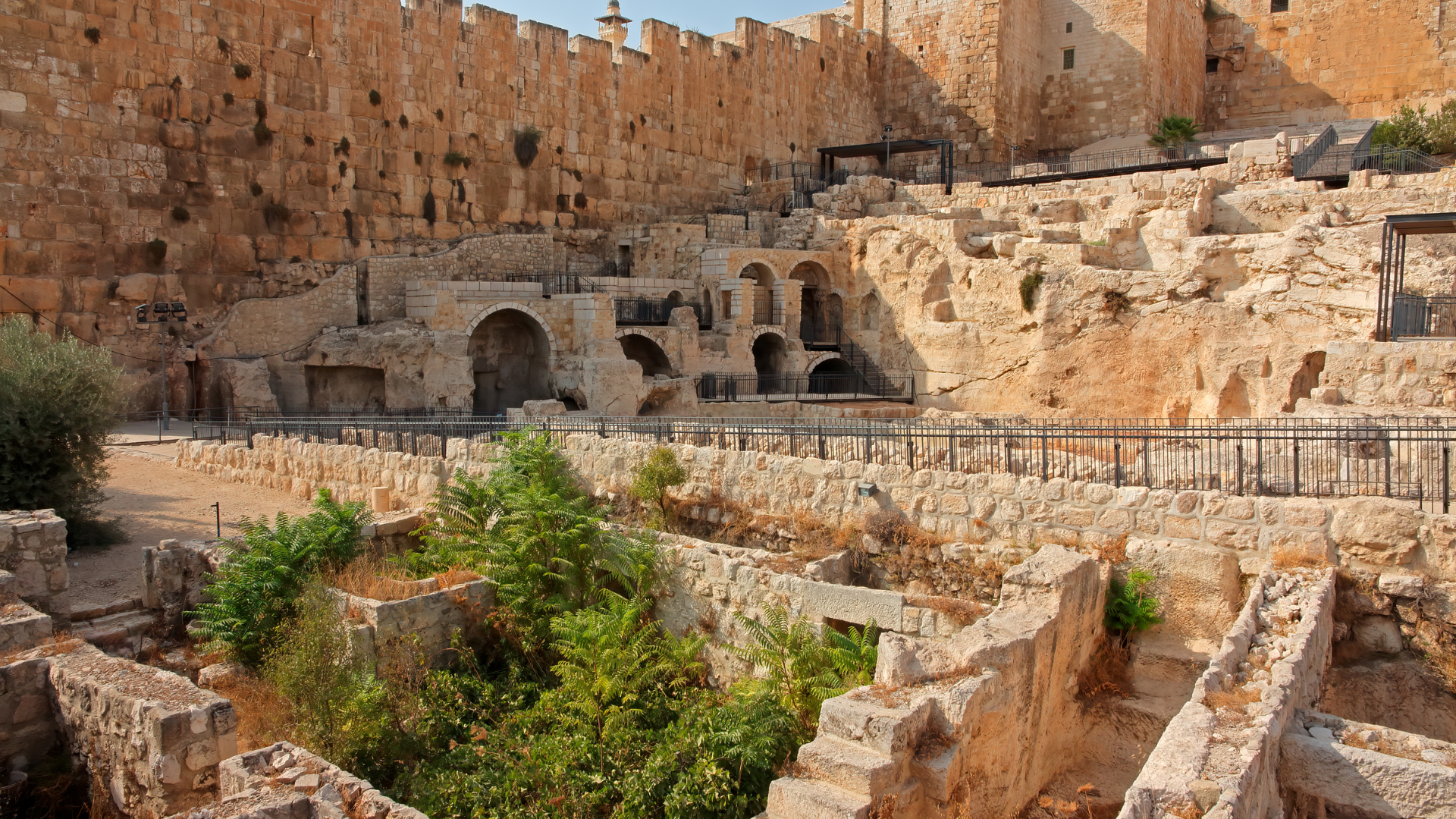
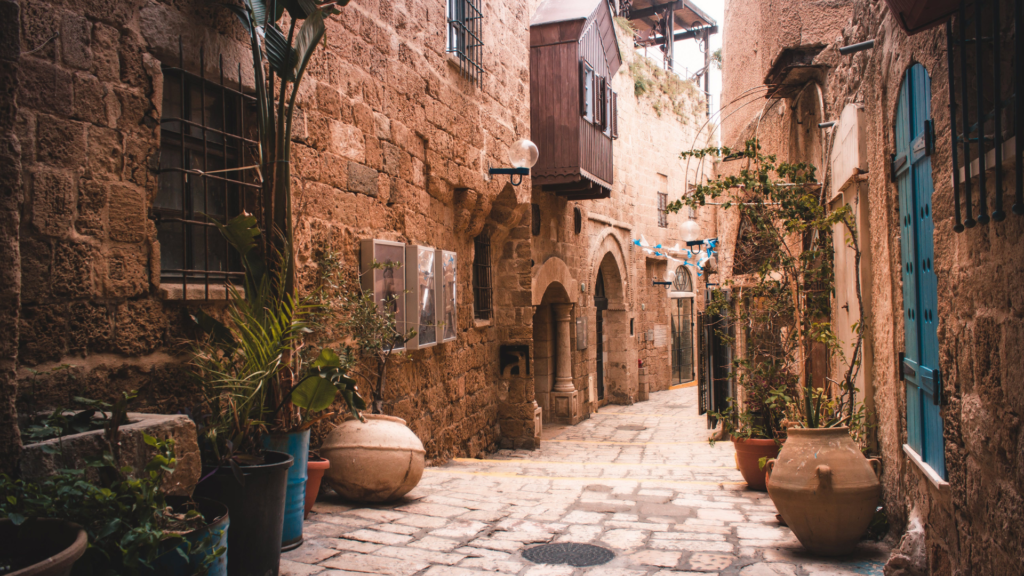

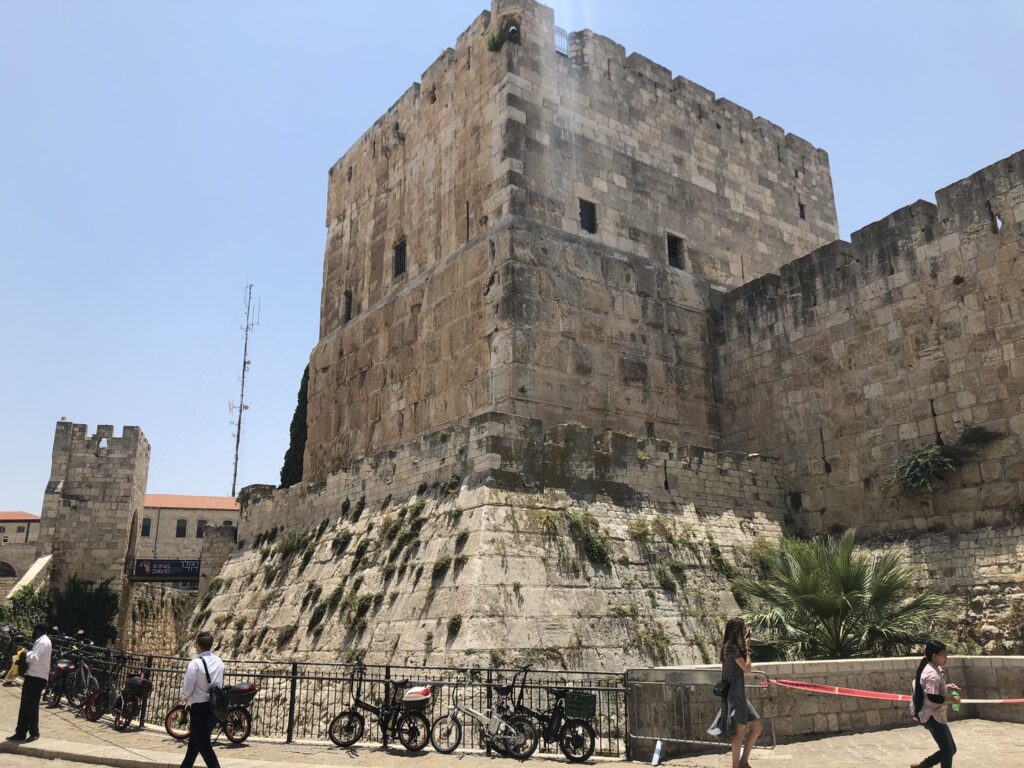

In this episode, we continue our adventures in Israel with a day trip we took to the fortress of Masada,
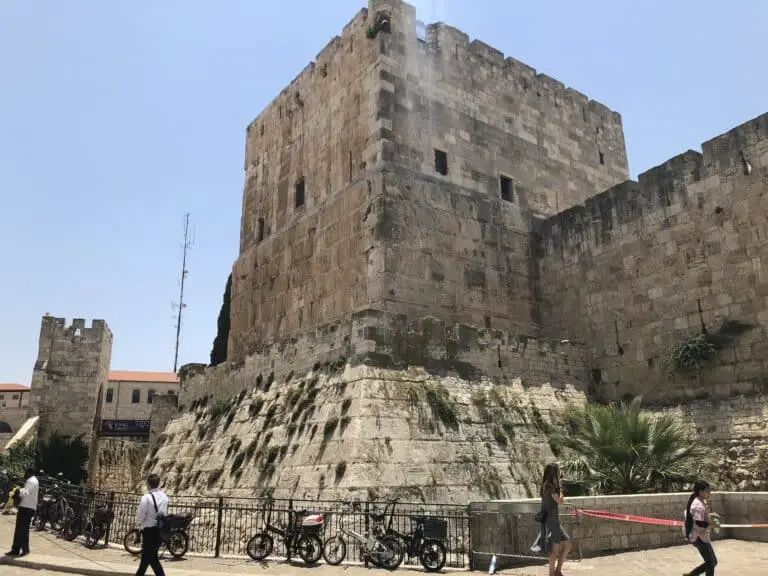
In this episode, we continue our adventures in Israel and discuss a day trip we took to Jerusalem. We started
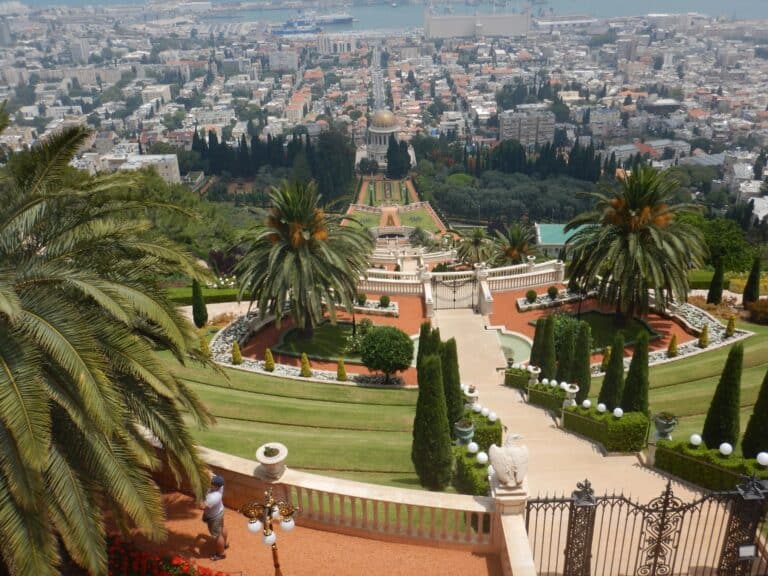
In this episode, we continue our exploration of Israel with a captivating guided bus tour along the Mediterranean coast of